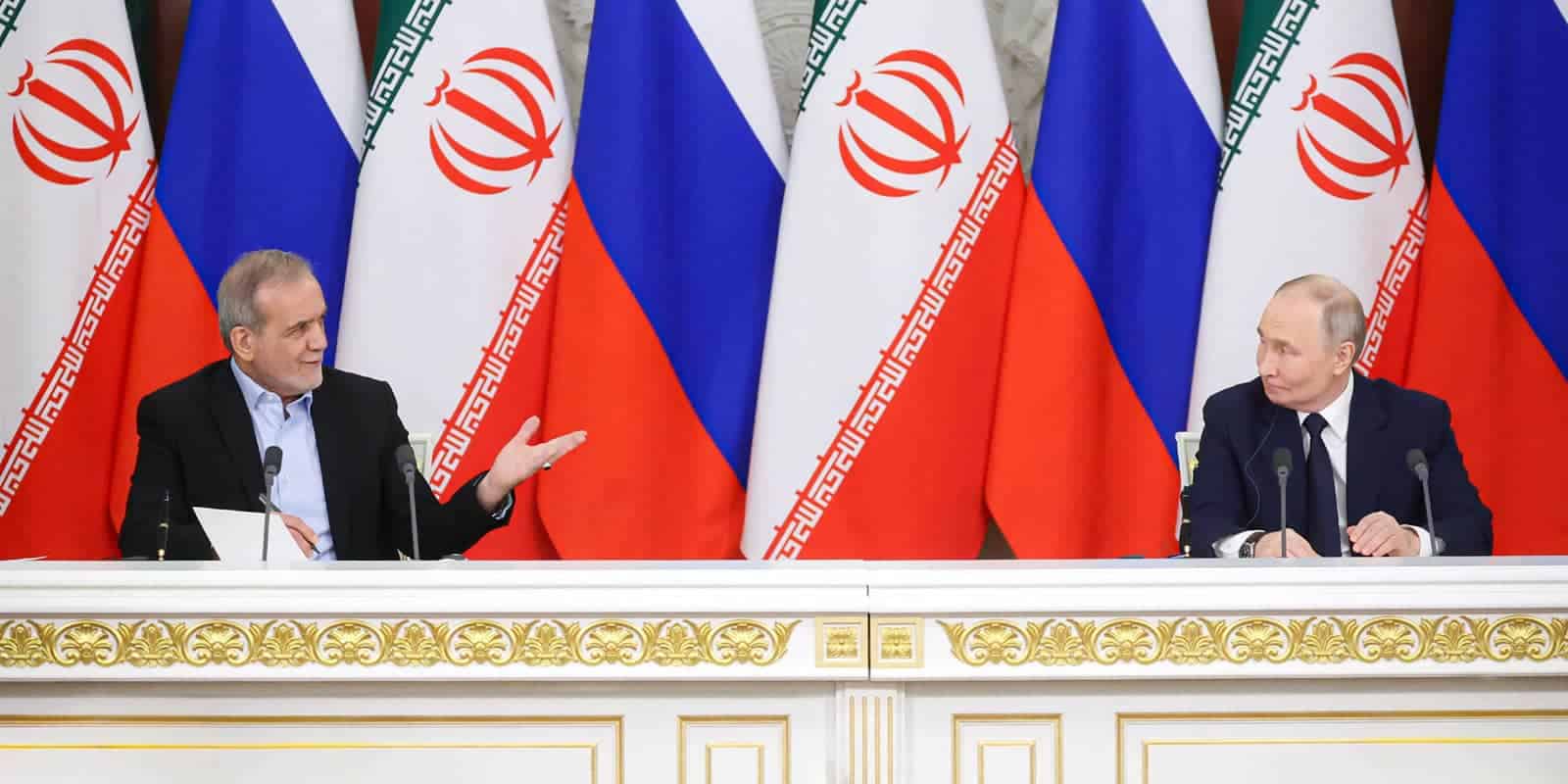
BY HERB KEINON
Considering all the different parties with widely conflicting interests currently active in the Gaza Strip, Egyptian intelligence chief Maj.-Gen. Abbas Kamel will prove himself a magician if he is able – as he is trying – to broker a sustainable cease-fire there.
Eran Lerman, a former senior official in the National Security Council who is currently vice president of the Jerusalem Institute for Strategic Studies, put forth a couple of years ago a model through which it is possible to understand much of the turmoil in the Middle East.
There are, he said, four camps vying for control and hegemony in the region: Iran, Islamic State, the Muslim Brotherhood and what he called the Camp of Stability, which includes ideologically diverse countries that did not want to see the current order completely overturned: Israel, Jordan, Egypt, Saudi Arabia, the United Arab Emirates and a few others.
Everywhere you look, he said, from Libya to Egypt, Yemen, Iraq, Syria and Lebanon, the forces fighting each other are all from the various camps who are battling for control. This – more than the simplistic Shia-Sunni split – is a useful prism through which to try to understand this region.
The Gaza Strip is a microcosm of what is happening throughout the region – a reflection of all the broader conflicts throughout the Middle East, a battleground Israel has the misfortune of neighboring where all those conflicting interests come to a head in one tiny space.
Everybody is involved in Gaza, and they all are pulling in different directions.
Hamas is affiliated with the Muslim Brotherhood camp, which both hates and is hated by the current Egyptian leadership under President Abdel Fattah al-Sisi. Hamas is also supported by Iran, which has an interest in seeing the situation in Gaza not tamped down, but rather at a constant boiling point to be used against Israel.
The Palestinian Authority – which in the bigger picture presents itself as being in the Camp of Stability allied against the other three camps, all variations of radical Islam – has its own interests in Gaza. It wants to unseat Hamas and regain control of Gaza, but would rather have someone else – i.e. Israel – do the actual unseating.
Like Iran, the PA has no real interest in stability now in a Gaza under Hamas, because that would concretize Hamas’s control over the region, essentially solidifying the split between the West Bank and the Gaza Strip. For this reason it opposes a cease-fire between Hamas and Israel, because its chances of ever wrestling back control of Gaza from Hamas will fade if a quiet agreement is reached that ensures a degree of stability in the Strip under Hamas control.
Mayhem in Gaza, not stability, is Fatah’s best chance of ever returning to control the coastal enclave.
As is the situation in Syria, there are other international players involved in the region as well: such as Turkey and Qatar, both trying to spread their influence. Both countries support Hamas and the Muslim Brotherhood, and for this reason Egypt and Saudi Arabia view them both as threats – and would like to distance them from the area. The problem is that Qatar is badly needed for its cash.
Then there are the various Salafist, Islamic State and Jihadi elements there who just want to wreak havoc. It’s Syria, without Russian involvement.
All this explains why putting together a sustainable cease-fire there now is such an enormous challenge – and why it would be such a significant diplomatic achievement for Cairo to actually pull it off.
True, Israel is interested in a cease-fire since it wants to bring to an end the untenable situation that the residents of the communities around the Gaza border have been living under since March. And a tired Hamas may be keen on a cease-fire out of concern that, if their provocations continue, Israel might indeed embark on another military campaign that would weaken it even more. But there are too many other elements currently in play – most significantly Iran and the PA – which have an interest not in a degree of stability in the South, but rather in a continuation and even escalation of the current level of violence.
Published in The Jerusalem Post, 17.08.2018















Former IDF Intel Chief: Can Hamas Release All Hostages in 72 Hours?